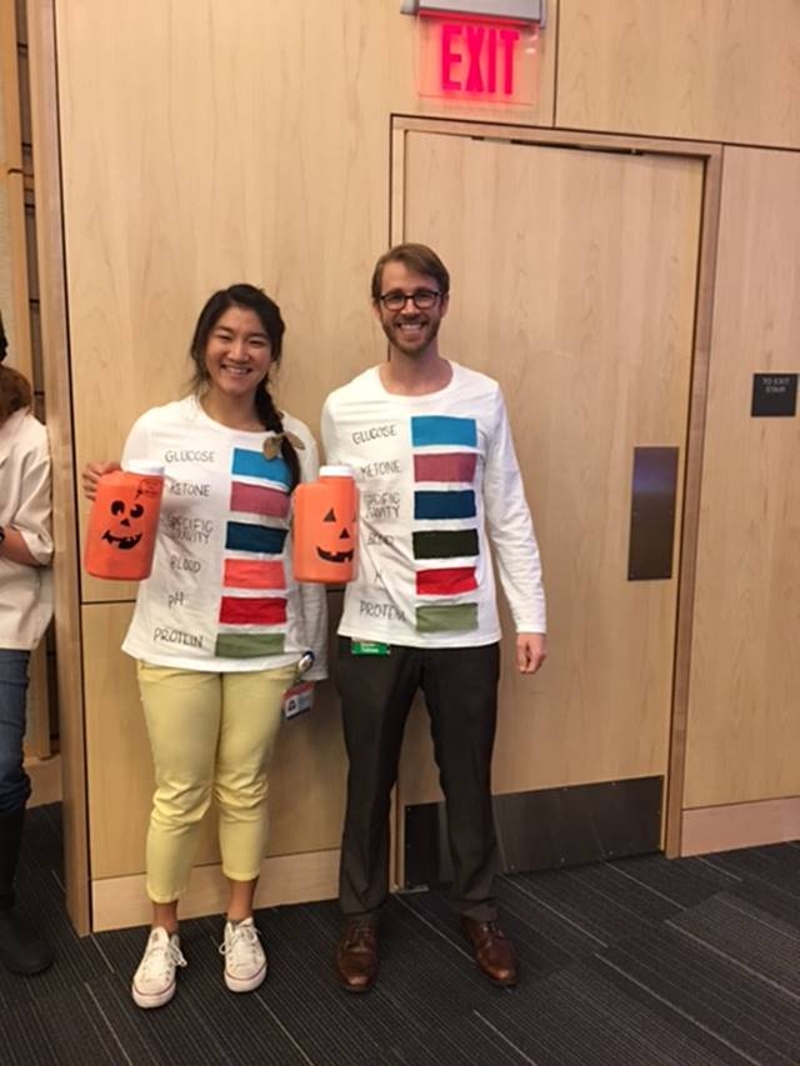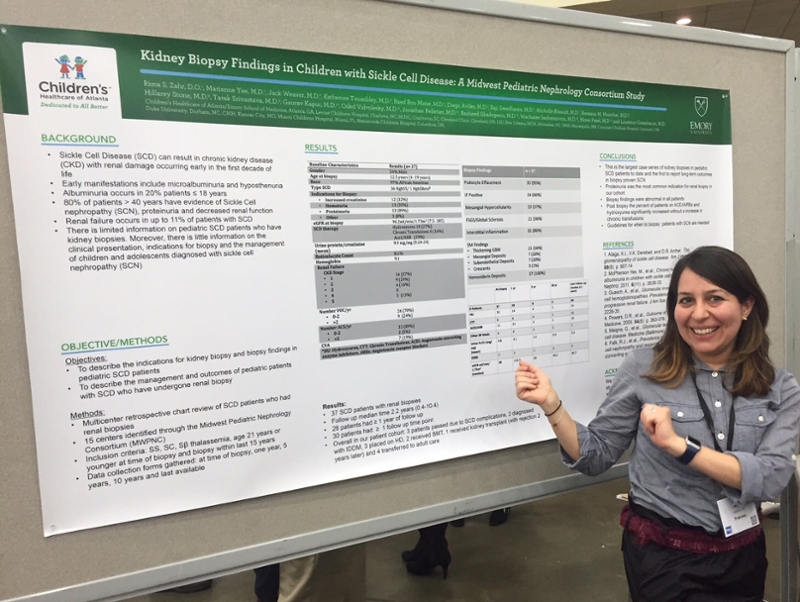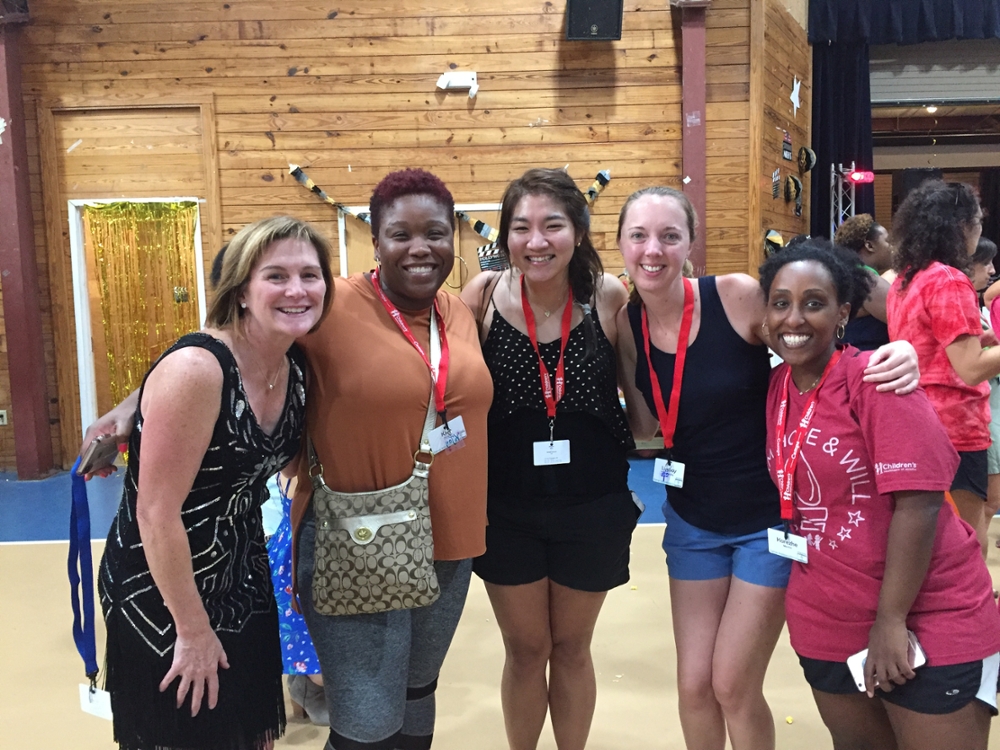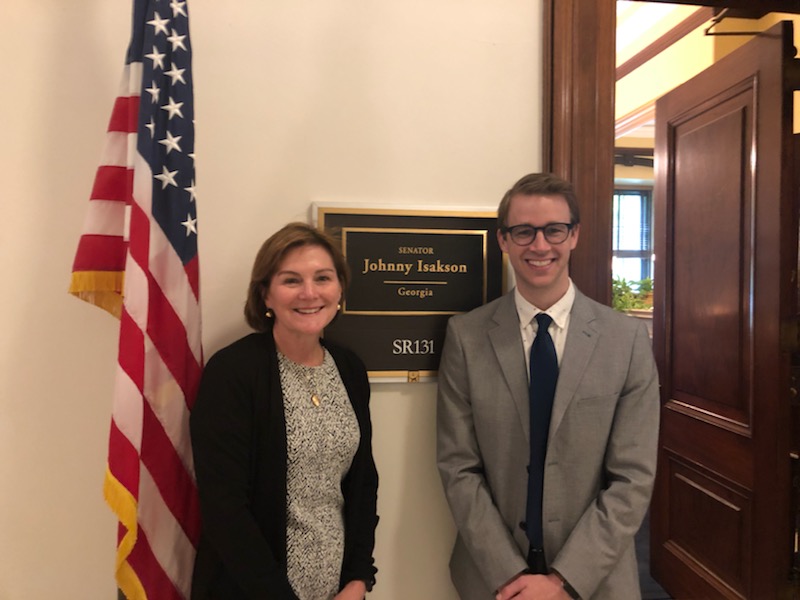First-year fellows spend nearly the entire year dedicated to clinical activities. Second- and third-year fellows primarily spend their time in research (16 months clinical emphasis and 20 months research emphasis).
First Year
Clinical training (10 months)
- Manage patients with a wide variety of kidney disorders
- Assignments to the inpatient wards
- Learn skills, such as renal biopsy and ordering dialysis
- Provide consultation to other services, including the Pediatric, Neonatal and Cardiac Intensive Care Units
- Manage all acute dialysis modalities and a high volume of continuous renal replacement, predominately in the form of CVVH
- Manage all perioperative phases of pediatric renal transplant recipients
- Gain advanced knowledge of fluid and electrolyte management
One month entails full-time assignment to the Children’s at Egleston affiliated hemodialysis unit where fellows have in-depth training in principles, literature and application of dialysis as well as the opportunity for hands-on familiarity with hemodialysis and peritoneal dialysis equipment and techniques.
Introduction to research (2 months)
- Two months of the first year are dedicated to research orientation with an initial opportunity for project selection
- First year fellows also participate in our Department-wide Fellows’ course in Research Fundamentals (FIRsT) Course
Core Fellowship Curriculum
In addition to the FIRsT course, first year fellows also participate in Department-wide courses in Medical Ethics and in Quality Improvement and Safety methodologies. Other Department-wide core fellowship curriculum courses include Teaching to Teach and Career Development, for second and third year fellows, respectively.

Second Year
Research
-
Consecutive research months in which fellows finalize the selection of research projects and mentors and initiate selected projects
Clinical assignments (2 months)
One month will be a mixture of important experiences including a course with Dr. Charles O’Neill in the Emory Department of Medicine Division of Nephrology, learning ultrasound for the nephrologist. This course is virtually unique in the country and one that numerous practicing nephrologists have taken with excellent reviews.
Additional experiences include teaching sessions with the Emory Histocompatibility (HLA) laboratory, observation of pediatric renal transplant surgeries, interactions with our pediatric renal pathologists, and clinical sessions with our pediatric urology colleagues.

Third Year
-
Completion of research project, abstract(s) and manuscript(s)
-
Completion of Quality Improvement project
-
Advanced clinical responsibilities in the inpatient wards (2 months)
- Department-wide Fellows’ Career Development Course
Continuity clinics
During the entire three-year training period, fellows attend assigned continuity outpatient clinics a half day per week under the supervision of the program director.
On-call schedule
- Fellows take weekend and weeknight call on average every 4th weekend and every 4th weeknight, respectively, throughout the three-year training period. Night call is always taken from home. An attending pediatric nephrologist is always on back-up call with the fellow.
- Fellows on-call round with the attending physician on the inpatient service during weekends and holidays.
- Fellows will average three two-day weekends off every four weeks.
Vacation
Fellows are entitled to three weeks of vacation per year that may be taken at any time during research or outpatient rotation months with approval from the program director.
Advocacy
-
Camp Independence: Each fellow is given the opportunity to attend Camp Independence—one of the oldest and largest camps in the country for children with kidney failure. Camp Independence takes place one week each summer at Camp Twin Lakes, a venue developed specifically to provide life-changing programs to Georgia’s children with serious illnesses, disabilities and other challenges.
-
Patient Advocacy: Fellows in our program have also participated in advocacy events where they gain experience discussing issues of importance to our patient population with local, state, and national government officials.



